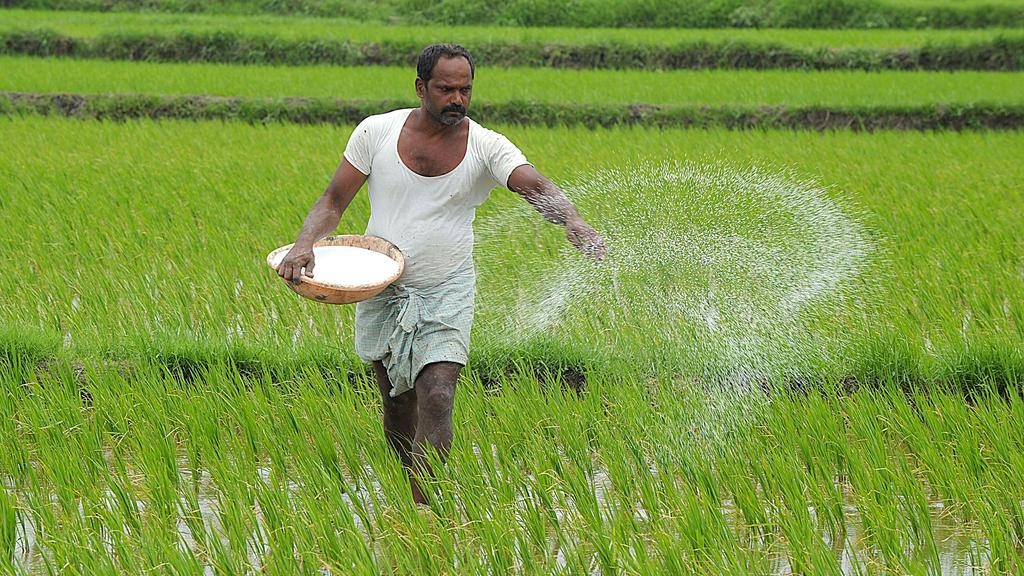New Delhi: The pre-budget Economic Survey Monday underscored the pressing need for comprehensive reforms in India’s agricultural sector, citing structural issues that could impede the country’s overall economic growth trajectory.
The Survey, tabled in Parliament by Finance Minister Nirmala Sitharaman, identifies several key challenges facing the agriculture sector, including the need to sustain growth while managing food price inflation, improving price discovery mechanisms, and addressing land fragmentation.
“Despite its centrality in India’s growth trajectory, the agriculture sector continues to face structural issues that have implications for India’s economic growth,” the Survey said.
According to the document, policymakers must strike a delicate balance between incentivizing farmers to increase production and keeping food prices within acceptable limits. This dual objective requires careful policy interventions, the Survey noted.
Other critical issues highlighted in the report, prepared by Chief Economic Advisor V Anantha Nageswaran, include the need to reduce disguised unemployment, increase crop diversification, and enhance overall efficiency in the sector.
To address these challenges, the Survey recommends a multi-pronged approach.
Key suggestions include upgradation of agricultural technology, the application of modern skills in farm practices, enhancing agricultural marketing avenues, price stabilisation, the adoption of innovation in farming, lowering wastages in the use of fertiliser, water, and other inputs, and improving the agriculture-industry linkages.
The Survey emphasizes the importance of technological interventions and skill development in transforming the agricultural landscape. It also stresses the need for sustainable practices to ensure long-term viability of the sector.
The Survey observes that the policy reforms undertaken by the government over the past decade have laid the foundation for sustained moderate to high growth in the coming years.
“To sustain growth for nearly a generation up to 2047 or more and to ensure that it makes people’s lives better and fulfills their aspirations, bottom-up reforms are necessary,” it noted.
It is both urgent and important for India to re-imagine the contours of its primary sector for the next generation. India may have to abandon the “old development playbook” of moving on from agriculture to industry and services as economic development matures, it added.
PTI
